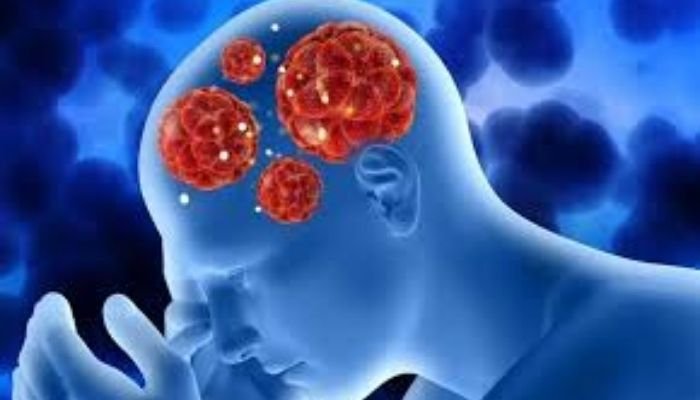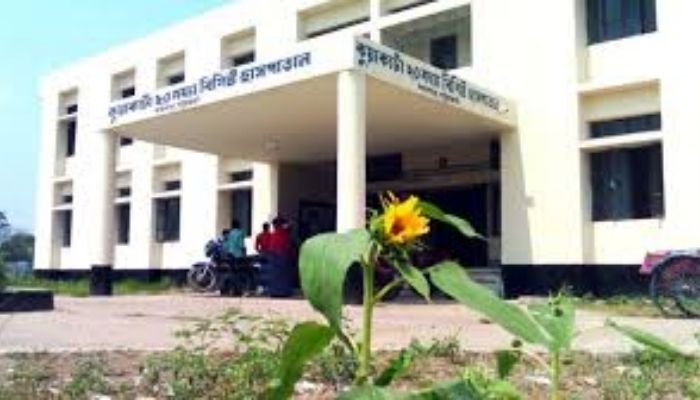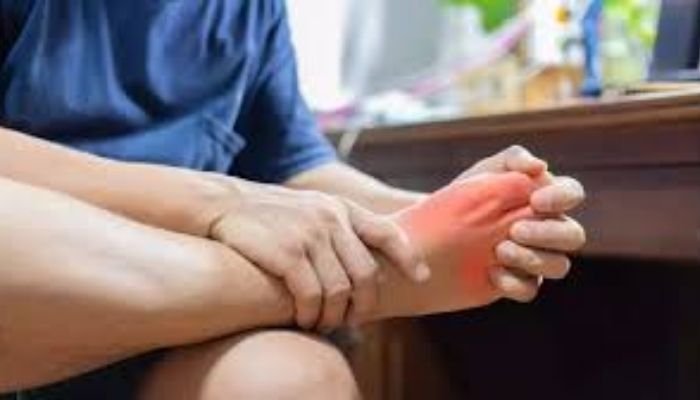Health
Kerala: 19 Dead in 2025 From Rare ‘Brain-Eating Amoeba’ Infection

At least 19 people in Kerala have died this year from Primary Amoebic Meningoencephalitis (PAM), a rare but fatal brain infection caused by Naegleria fowleri, commonly known as the “brain-eating amoeba.”
Kerala Health Minister Veena George said on Thursday that unlike last year, there has been no cluster outbreak in 2025. All 69 confirmed cases so far have been isolated incidents. In 2024, several cluster outbreaks were linked to people using the same water sources, she added.
PAM is a form of amoebic encephalitis that infects the central nervous system, usually through contaminated freshwater. The infection destroys brain tissue, causes severe swelling, and is almost always fatal, mostly affecting children, teenagers and young adults.
According to Kerala’s health department, exposure often occurs while swimming or diving in warm freshwater, or through the use of neti pots in sinus treatment. In most cases, patients die within one to two weeks of infection.
The symptoms resemble bacterial meningitis — including headaches, fever, vomiting and nausea — making diagnosis difficult. In some cases, patients lose their sense of smell or taste. The disease typically progresses rapidly, turning critical within hours to two days.
Source: Hindustan Times
Health
Kuakata hospital runs without doctors, patients return untreated

The 20-bed government hospital in Kuakata, Patuakhali, has become completely doctorless once again. After the transfer of its only doctor, Dr. Supriya Das, on September 17, medical services at the hospital have virtually come to a halt. Currently, both the emergency and outpatient departments are being run by a sub-assistant medical officer.
Patients are returning home without treatment. Momtaz Begum (38), from Latachapli Diar’s Amkhola area, said, “I came to see a doctor for my fever, but since there is none, I’ll buy medicine from a pharmacy instead.”
Local resident Hasan said that the hospital has never had full staffing since it opened. As a result, residents of Kuakata municipality and four unions in Mohipur upazila are being deprived of healthcare.
The hospital’s history shows chronic neglect. Its operations began on July 1, 2010, with the posting of the first doctor, Afroza Akbar, who mysteriously went missing in January 2011. After the formal inauguration on February 25, 2012, it functioned intermittently with one or two doctors.
Out of six sanctioned medical posts—including four junior consultants, one residential medical officer, and one medical officer—not a single doctor is currently employed. Of the 17 approved staff positions, 12 remain vacant, while many have been transferred elsewhere.
Hafizur Rahman Akash, president of the “Amra Kuakatabashi” volunteer group, said, “Kuakata is a major tourist destination. Ensuring proper healthcare for tourists and locals is essential. The hospital must be fully staffed immediately.”
Upazila Health Officer Dr. Shankar Prasad Adhikari admitted that there is a severe doctor shortage in Kuakata and nearby areas, adding that the issue has been reported to higher authorities.
Patuakhali Civil Surgeon Dr. Khaledur Rahman Mia confirmed the vacancy and said the problem would be resolved soon.
Health
Rising Uric Acid: How Lifestyle and Diet Fuel the Risk

Excess uric acid in the blood can cause severe pain and mobility issues, often triggered by unhealthy diets and irregular lifestyles. Experts warn that people who cut carbohydrates and rely heavily on protein to lose weight are at greater risk of developing this condition.
According to health specialists, dietary control is the first step to managing uric acid. They advise consuming rice and bread in moderation and reducing the use of oil and spices in cooking. Eating more fruits, vegetables, and peanut butter is recommended. While cooked tomato and onion are safe, consuming them raw should be avoided.
Protein intake needs strict regulation—ideally matching body weight in grams (e.g., a 60 kg person should not exceed 60 grams of protein per day). Experts also suggest drinking fat-free milk, black coffee without sugar, or green tea instead of regular milk tea.
Patients are advised to avoid red meat, mutton, and prawns, while chicken can be eaten safely. Vitamin C-rich fruits like oranges, lemons, and grapes should be included in daily meals. Lentils, kidney beans, and soybeans should be eliminated from the diet.
For pain relief, drinking apple cider vinegar before bedtime and placing a pillow under the feet while sleeping may help. However, if the pain becomes severe, consulting a doctor is essential.
Health
The Double-Edged Effect of Coffee on Body and Mind

For many, coffee serves as a morning ritual or a means to stay focused during demanding work hours. Yet experts caution that its benefits come with notable risks. Caffeine, the key stimulant in coffee, refreshes the nervous system temporarily, but coffee is also acidic and diuretic, which can reduce vital resources in the body.
The risks become more concerning for individuals struggling with mental stress or anxiety. According to specialists, coffee consumption can elevate adrenaline and cortisol levels, creating a short-lived sense of excitement. However, once the effect fades, fatigue sets in, potentially leading to chronic stress over time.
Experts recommend that those under psychological pressure should consult healthcare professionals before relying on coffee, as unchecked consumption may worsen their mental and physical well-being.
-

 campus18 hours ago
campus18 hours agoAfter 36 Years, CU Students Vote in Long-Awaited Central Union Election
-

 EDUCATION18 hours ago
EDUCATION18 hours agoHSC and Equivalent Exam Results to Be Published on October 16
-

 International1 day ago
International1 day agoJordan’s King Abdullah warns: “Without a Palestinian state, the Middle East will collapse”
-

 Crime and Justice1 day ago
Crime and Justice1 day agoLand dispute turns deadly in Chuadanga: One killed, three injured
-

 International1 day ago
International1 day agoIsrael kills three Palestinians accused of crossing Gaza ceasefire line












